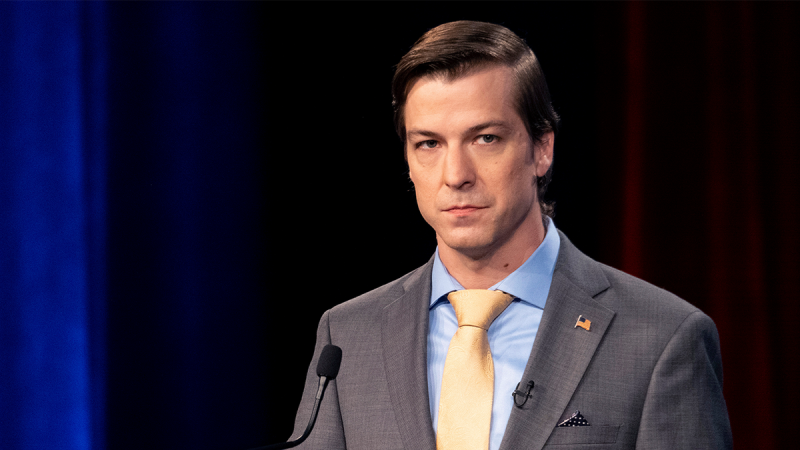In the recent Libertarian Party convention, held in Chicago, delegates from across the country gathered to select their presidential nominee for the upcoming election. The chosen candidate, Chase Oliver, a charismatic figure known for his advocacy of personal freedoms and limited government intervention, is expected to focus his campaign on issues such as individual rights, fiscal responsibility, and reducing the size of the federal government.
Oliver’s selection as the Libertarian Party’s standard-bearer comes at a time of heightened political polarization and discontent with the current two-party system. Many voters feel disillusioned by the lack of alternatives offered by the Democrats and Republicans, leading them to explore third-party options like the Libertarians.
Notably, the convention saw very little support for incumbent President Donald Trump, as many Libertarians view his administration as emblematic of government overreach and crony capitalism. Instead, delegates expressed a desire for a candidate who would champion principles of liberty and non-interventionism, qualities they believe Oliver embodies.
In contrast to Oliver’s relatively low-key campaign, the convention also saw a notable presence from Robert F. Kennedy Jr., a prominent environmental activist and member of the Kennedy political dynasty. Despite his name recognition and progressive platform, Kennedy failed to garner significant support from the Libertarian delegates, who prioritize issues such as individual liberties and free-market economics.
As the general election approaches, many Libertarians see Chase Oliver as a viable alternative to the mainstream candidates, offering a message of limited government, individual empowerment, and personal responsibility. While the road ahead may be challenging, with the party facing significant barriers to entry in the current political landscape, Oliver’s nomination represents a step towards greater visibility and influence for the Libertarian movement in American politics.




























